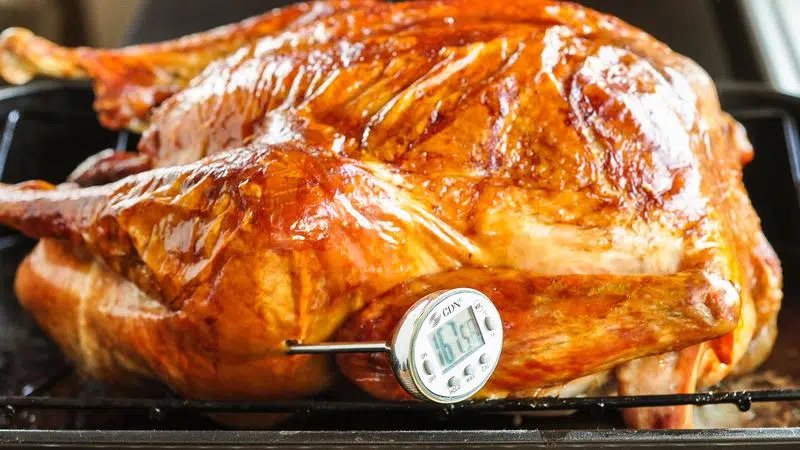
Salmonella outbreak linked to raw turkey & chicken
LETHBRIDGE, AB – If you are planning on plowing down a plate of poultry over the holidays, the Public Health Agency of Canada (PHAC) wants to ensure it is fully cooked.
They are currently investigating 126 confirmed cases of salmonella that occurred between April 2017 and November 2019. Of all provinces and territories, the most happened in Alberta at 44.
The investigation was launched after a high number of cases were reported in October and November 2018, but PHAC discovered many incidents that happened before and after that as well.
Raw or undercooked chicken and turkey products were identified as one of the leading causes of the illness.


